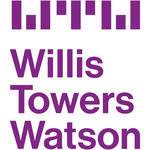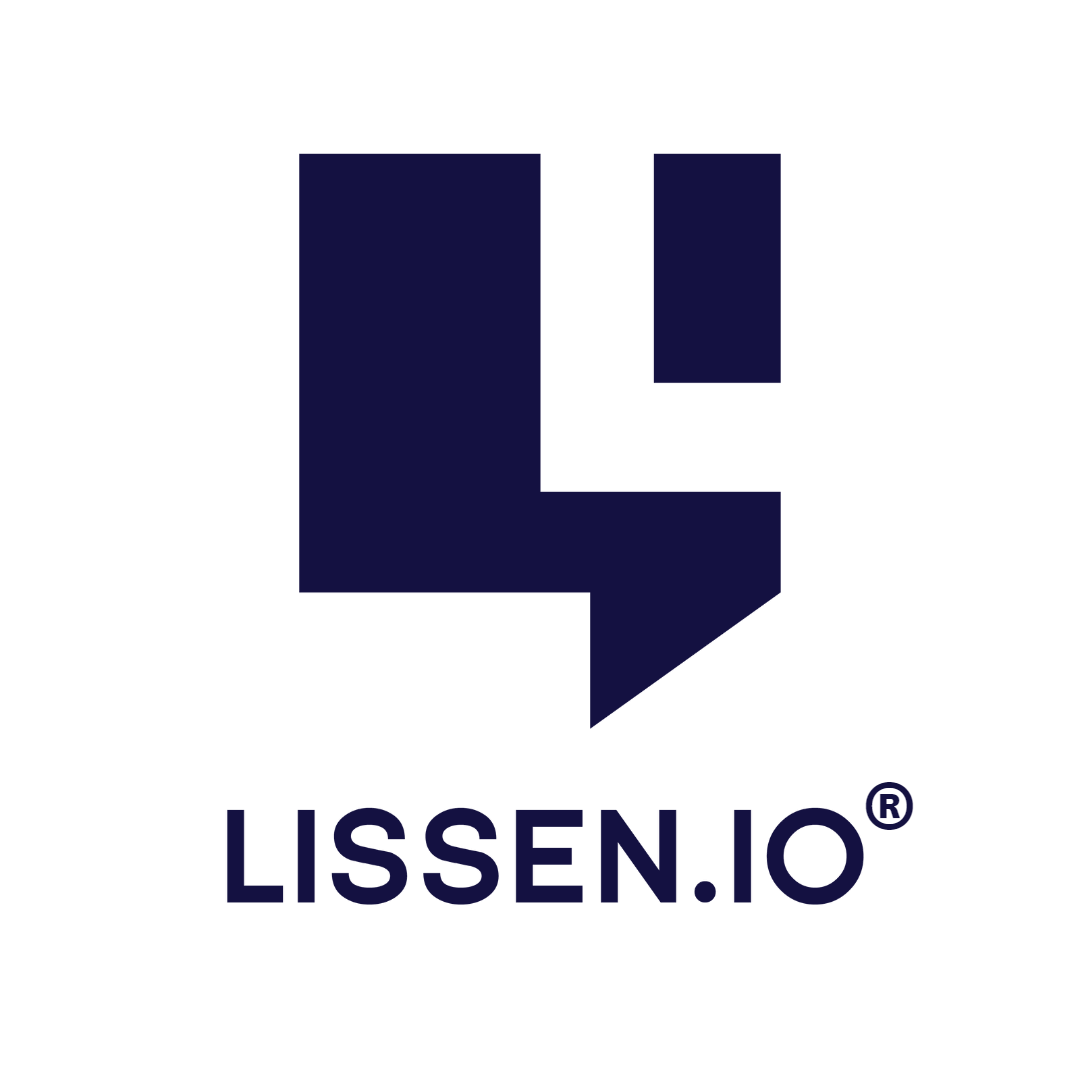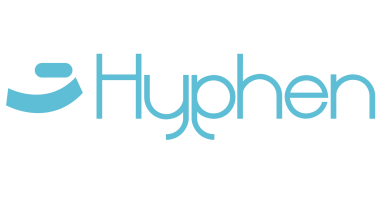Description

Empuls

Humantelligence
Comprehensive Overview: Empuls vs Humantelligence
Empuls Overview
a) Primary Functions and Target Markets
Empuls, developed by Xoxoday, is an employee engagement platform focused on improving workplace morale and productivity. Its primary functions include:
- Employee Recognition: Features for peer-to-peer recognition, rewards, and appreciation that foster a positive work environment.
- Employee Surveys: Tools for conducting pulse surveys, feedback collection, and sentiment analysis.
- Communication: An internal social platform for team-wide announcements and engagement.
- Incentive Programs: Management of gift cards, bonuses, and other incentives to reward performance.
Target Markets: Empuls is primarily aimed at mid-sized to large enterprises looking to boost employee morale and engagement. It is suitable for HR departments that prioritize employee satisfaction and organizational culture enhancement.
b) Market Share and User Base
While specific market share data for Empuls isn’t publicly available, the platform operates within a competitive market populated by other employee engagement software like Bonusly, 15Five, and TINYpulse. With increasing emphasis on employee satisfaction in the corporate world, platforms like Empuls are gaining traction, but the market is highly fragmented with no clear dominant player.
c) Key Differentiating Factors
- Comprehensive Rewards System: Empuls offers a vast catalog for rewards, including digital gift cards and experiences.
- Integration Capabilities: Seamless integration with other HR tools and platforms, enhancing existing workflows.
- User Experience: Emphasizes an intuitive interface that encourages widespread adoption across a range of users, from HR professionals to general staff.
Humantelligence Overview
a) Primary Functions and Target Markets
Humantelligence is a self-proclaimed “agile culture management” platform that helps organizations understand and improve corporate culture through data-driven insights. Its primary functions include:
- Cultural Analytics: Assess and align cultural dimensions within teams and the entire organization.
- Recruiting Intelligence: Tools for matching candidates with company culture during recruitment processes.
- Team Performance Optimization: Identify and rectify team dynamics and communication challenges.
- Personal Insights: Provide employees with self-aware insights to improve collaboration and productivity.
Target Markets: Humantelligence serves a broad market, including both small businesses and large enterprises seeking to align their teams with organizational goals and enhance cultural harmony.
b) Market Share and User Base
Humantelligence, like Empuls, participates in a growing segment of the HR tech market focusing on culture and engagement. It competes with platforms like Culture Amp, Glint, and Peakon but differentiates through its emphasis on data-driven cultural analytics. Its user base consists largely of organizations deeply invested in transforming workplace culture.
c) Key Differentiating Factors
- Science-Based Assessment: Utilizes psychometric and behavioral science to offer deep cultural insights.
- Culture Alignment Tools: Helps align individual cultural preferences with team and organizational culture.
- Data-Driven Matches: Offers intelligent tools to match employee preferences with potential job roles, enhancing recruitment processes.
Comparison of Empuls and Humantelligence
Market Share and User Base
Both Empuls and Humantelligence operate in the broader HR technology market but emphasize different core functionalities—employee engagement and cultural management, respectively. Market share details are generally opaque, but both carve out significant niches within their specific realms.
Key Differentiating Factors
- Functional Emphasis: Empuls is heavily focused on immediate employee engagement and rewards, while Humantelligence emphasizes longer-term cultural understanding and alignment.
- Approach to Engagement: Empuls uses more traditional incentives and social communication, whereas Humantelligence employs behavioral science tools to assess and improve cultural fit.
- Target Outcome: Empuls aims at improving day-to-day employee experience, while Humantelligence seeks to transform cultural dynamics for strategic advantage.
While both platforms offer unique benefits, organizations will choose between them based on whether their primary need is direct engagement and rewards (Empuls) or cultural analytics and strategic alignment (Humantelligence).
Contact Info

Year founded :
2019
Not Available
Not Available
India
Not Available

Year founded :
Not Available
Not Available
Not Available
Not Available
Not Available
Feature Similarity Breakdown: Empuls, Humantelligence
When comparing Empuls and Humantelligence, which are both platforms focused on employee engagement and company culture, it's essential to delve into their feature sets, user interfaces, and any unique capabilities each might offer. Here's a breakdown based on these aspects:
a) Core Features They Have in Common
Both Empuls and Humantelligence offer a range of features designed to enhance employee engagement and workplace culture. Common features include:
-
Employee Feedback and Surveys:
- Both platforms allow organizations to gather feedback through customizable surveys to understand employee sentiments and areas for improvement.
-
Recognition and Rewards:
- They provide tools for peer-to-peer recognition and reward mechanisms that acknowledge employee contributions and achievements.
-
Analytics and Insights:
- Both offer analytics capabilities to measure engagement levels and derive actionable insights from collected data.
-
Communication Tools:
- They support internal communication to circulate announcements, updates, and engage employees in discussions.
-
Integration Capabilities:
- These platforms are designed to integrate with existing HR systems, communication tools, and productivity platforms to streamline workflows and data management.
b) User Interface Comparison
The user interface (UI) plays a critical role in user adoption and experience with the software. While specific UI designs are subject to change with software updates, a general comparison includes:
-
Empuls:
- Known for a user-friendly and intuitive interface that emphasizes easy navigation and quick access to features. Its design often focuses on simplicity and straightforward user interactions.
-
Humantelligence:
- Offers a more comprehensive dashboard that might initially seem complex due to its extensive data and analytics integration. Its UI is tailored towards providing a holistic view of team dynamics and engagement levels.
Overall, the choice between them may depend on whether a company prioritizes a simpler, more direct user experience (Empuls) or a more detailed, data-rich interface (Humantelligence).
c) Unique Features
Some unique aspects can set these platforms apart:
-
Empuls:
- Social Intranet: Empuls has a built-in social intranet feature that encourages knowledge sharing and team collaboration through an integrated platform.
- Budget Automation for Rewards: Offers features to automate and streamline budgeting for rewards, helping organizations efficiently manage their recognition programs.
-
Humantelligence:
- Cultural Analytics: Stands out with its cultural analytics tools that help organizations understand and optimize their workplace culture by using AI-driven personality profiling and behavioral analysis.
- Team Collaboration Insights: Provides insights into team dynamics and collaboration tendencies, which can be leveraged to improve teamwork and productivity.
Each platform offers a distinct approach to employee engagement with unique tools and capabilities that cater to different organizational needs. Prospective users should consider their specific requirements, such as the emphasis on cultural insights versus reward management, when choosing between these platforms.
Features

Not Available

Not Available
Best Fit Use Cases: Empuls, Humantelligence
Empuls and Humantelligence are both tools designed to enhance employee engagement and organizational culture, but they cater to different needs and organizational structures. Here’s an overview of their best fit use cases:
a) Empuls
Empuls is best suited for:
-
Small to Medium-sized Enterprises (SMEs):
- Empuls is designed to be easy-to-use and implement, making it ideal for SMEs looking to build or enhance their employee engagement initiatives without extensive resources.
-
Organizations Focused on Employee Engagement:
- Companies looking to boost employee morale and increase engagement through recognition programs, rewards, and feedback loops will find Empuls particularly useful.
-
Teams Prioritizing Employee Communication:
- Businesses aiming to improve internal communication can benefit from Empuls’ ability to facilitate chats and announcements, improving transparency across teams.
-
HR Teams in Rapidly Growing Companies:
- HR departments in companies undergoing rapid growth or change can leverage Empuls to maintain a positive culture and ensure every employee feels connected and valued.
-
Industries with High Employee Turnover:
- Sectors like retail and hospitality, which often face high turnover, can use Empuls to implement recognition and rewards systems that help retain employees.
b) Humantelligence
Humantelligence is preferred for:
-
Large Enterprises and Diverse Teams:
- Humantelligence excels in large organizations where understanding diverse cultural dynamics and optimizing team composition are crucial.
-
Companies Focused on Cultural Alignment:
- Organizations seeking to understand and align their team culture with company objectives will benefit from Humantelligence’s behavioral and cultural analytics.
-
Projects Requiring Team Optimization:
- Projects that involve cross-functional teams can leverage Humantelligence to identify optimal team compositions based on behavioral preferences and motivators.
-
Consulting Firms and HR Consultants:
- Professionals who provide advisory services on team dynamics and organizational culture will find Humantelligence’s insights particularly useful.
-
Tech and Innovation-driven Industries:
- Industries like technology and R&D, where innovation and collaboration are key, can utilize Humantelligence to foster environments that encourage creativity and ideation.
d) Catering to Different Industry Verticals or Company Sizes:
-
Empuls tends to cater better to smaller organizations and industries where communication, engagement, and recognition are critical for employee satisfaction and retention. It provides tools that are often more straightforward to implement in environments where resources dedicated to HR technology might be limited.
-
Humantelligence, on the other hand, can be particularly valuable in larger enterprises with complex team structures or in industries where cultural understanding and alignment significantly impact performance. Its analytics capabilities provide deep insights that help in making strategic decisions related to team formation and organizational development, making it more suitable for industries and businesses that invest heavily in optimizing human capital for innovation and competitive advantage.
In summary, Empuls is often the right choice for organizations focusing on immediate, tangible improvements in employee engagement and communication, while Humantelligence is suited for organizations that prioritize cultural insights and strategic human capital optimization.
Pricing

Pricing Not Available

Pricing Not Available
Metrics History
Metrics History
Comparing undefined across companies
Conclusion & Final Verdict: Empuls vs Humantelligence
When evaluating Empuls and Humantelligence, it's important to consider their unique features, usability, and pricing to determine which offers the best overall value for an organization's specific needs.
a) Best Overall Value
Overall Value Winner: Empuls
Empuls typically offers the best value for organizations focused on employee engagement, rewards, and recognition. Its comprehensive features in these areas provide robust solutions for improving workplace morale and driving employee satisfaction.
b) Pros and Cons
Empuls:
Pros:
- Employee Engagement: Offers extensive tools for employee engagement including feedback surveys, communication tools, and employee recognition features.
- Integrations: Seamlessly integrates with popular collaboration tools like Slack and Microsoft Teams, making it easy to incorporate into daily workflows.
- User Interface: Intuitive and easy to use, which enhances user experience.
- Customization: High level of customization available for rewards and recognition programs to match company culture and policies.
Cons:
- Cost: Depending on the organization's size and feature requirements, the pricing may be on the higher side for smaller companies.
- Learning Curve: While the interface is intuitive, the variety of features might require a learning period for new users to utilize all functionalities effectively.
Humantelligence:
Pros:
- Psychometric Profiling: Offers advanced psychometric tools to assess and understand team dynamics and individual employee traits, aiding in better team cohesion.
- Cultural Mapping: Provides insights into organizational culture, which helps in strategic planning and change management.
- Data-Driven Insights: Strong in analytics and reporting, offering actionable insights for improving team efficiency and dynamics.
Cons:
- Niche Use: Focus is more on cultural assessments and psychometric analytics, which might not be suitable for organizations primarily looking for engagement and rewards solutions.
- Integration: Fewer integrations with existing tools compared to its competitors, potentially leading to siloed use.
- Complexity: The tool may seem complex for users who are not inclined towards data analytics or human psychology.
c) Recommendations
-
For Organizations Focused on Engagement and Rewards:
- Choose Empuls if your goal is to directly improve employee morale and satisfaction through structured engagement strategies and a strong rewards system.
-
For Organizations Seeking Cultural Insights:
- Opt for Humantelligence if your primary need is to understand and enhance team dynamics and organizational culture through data-backed psychometric assessments.
-
Consider Hybrid Needs:
- If your organization has diversified needs across both employee engagement and cultural insights, evaluate which platform can integrate supplementary tools or consider using both to some extent.
-
Trial and Feedback:
- Take advantage of free trials or demos to gather initial user feedback on the platforms. The hands-on experience can often provide clarity on what suits your team's daily operations best.
Ultimately, the decision between Empuls and Humantelligence should be driven by specific organizational needs, budget constraints, and long-term strategic goals for workforce management.
Add to compare
Add similar companies



